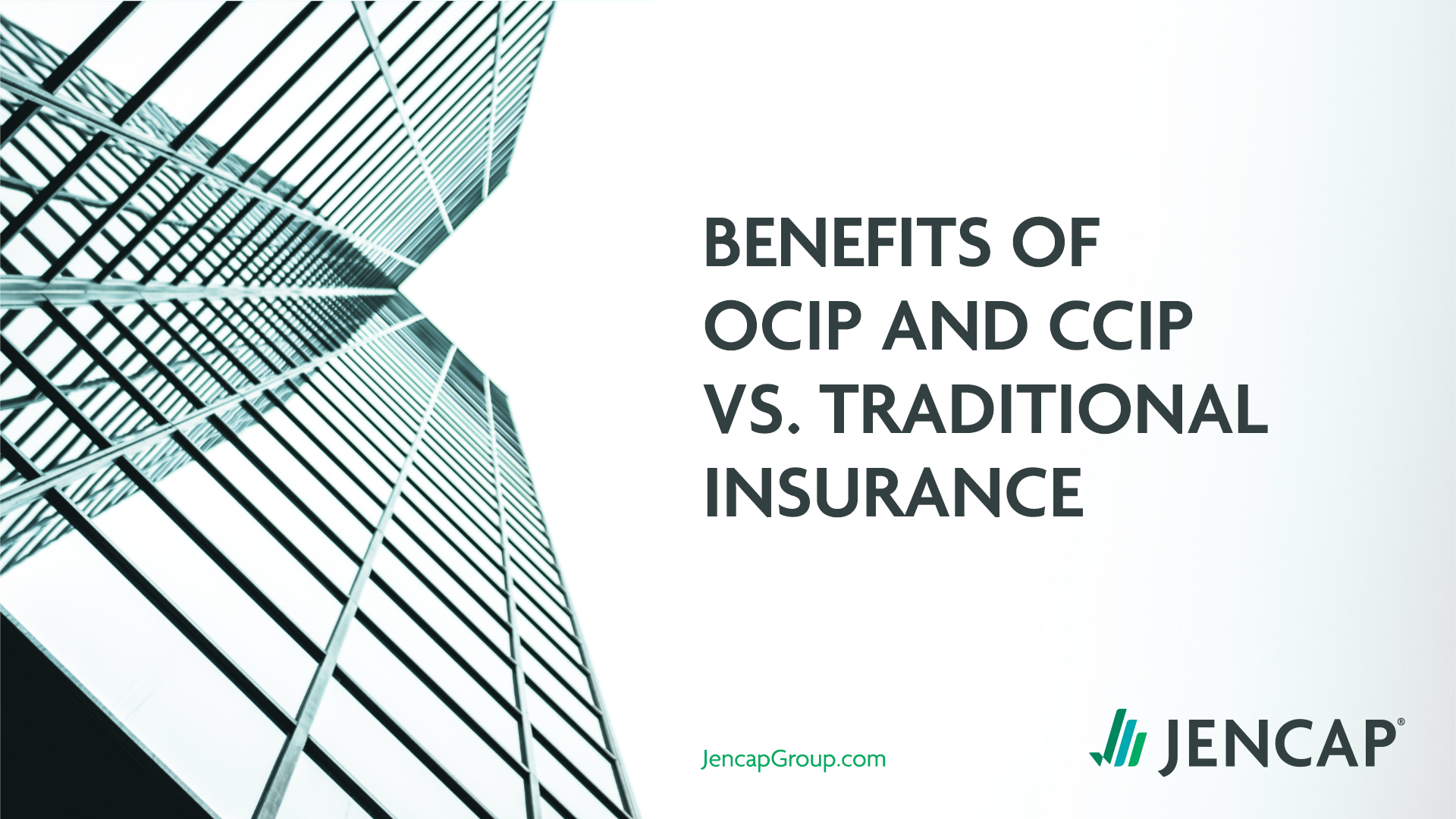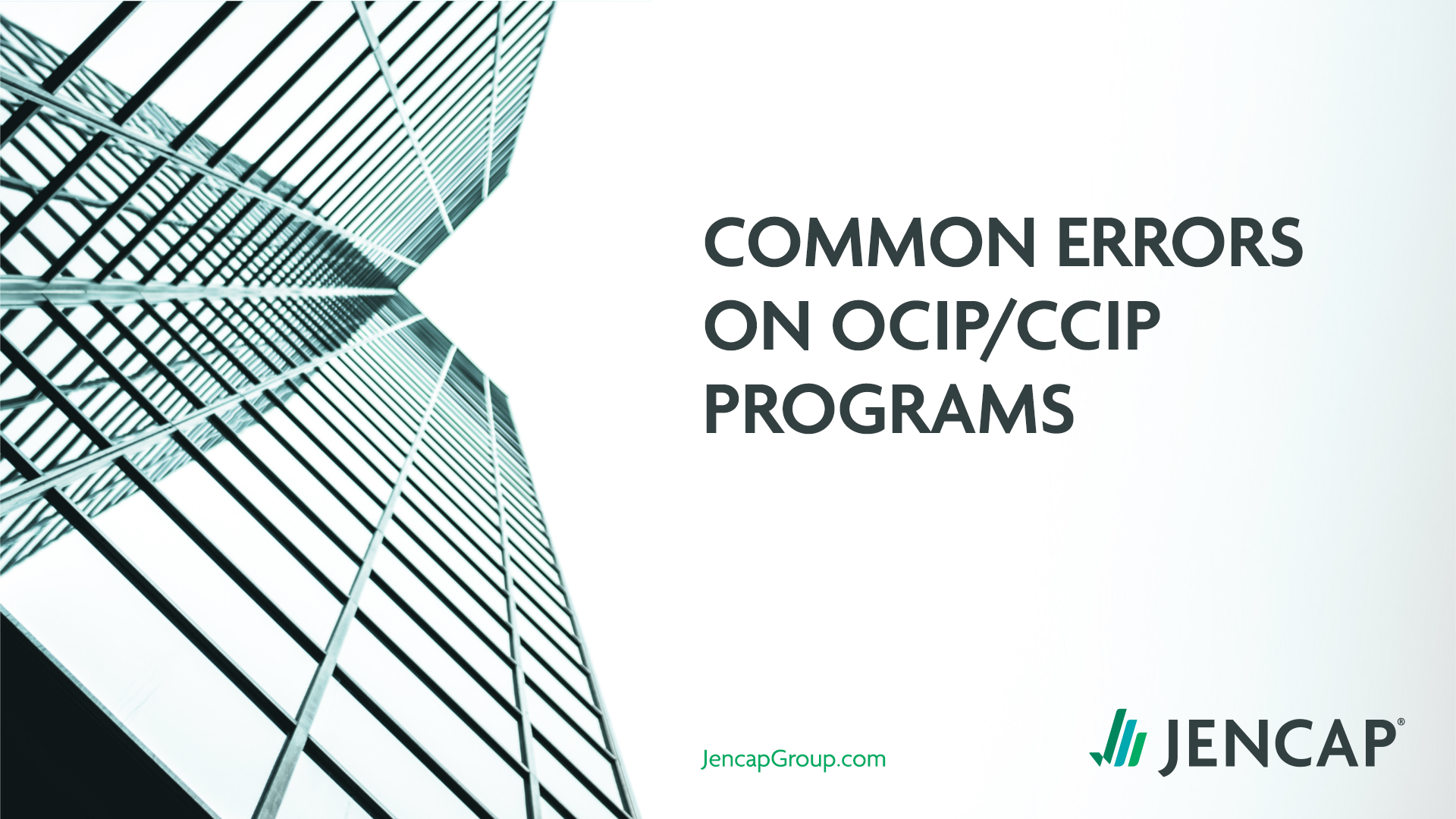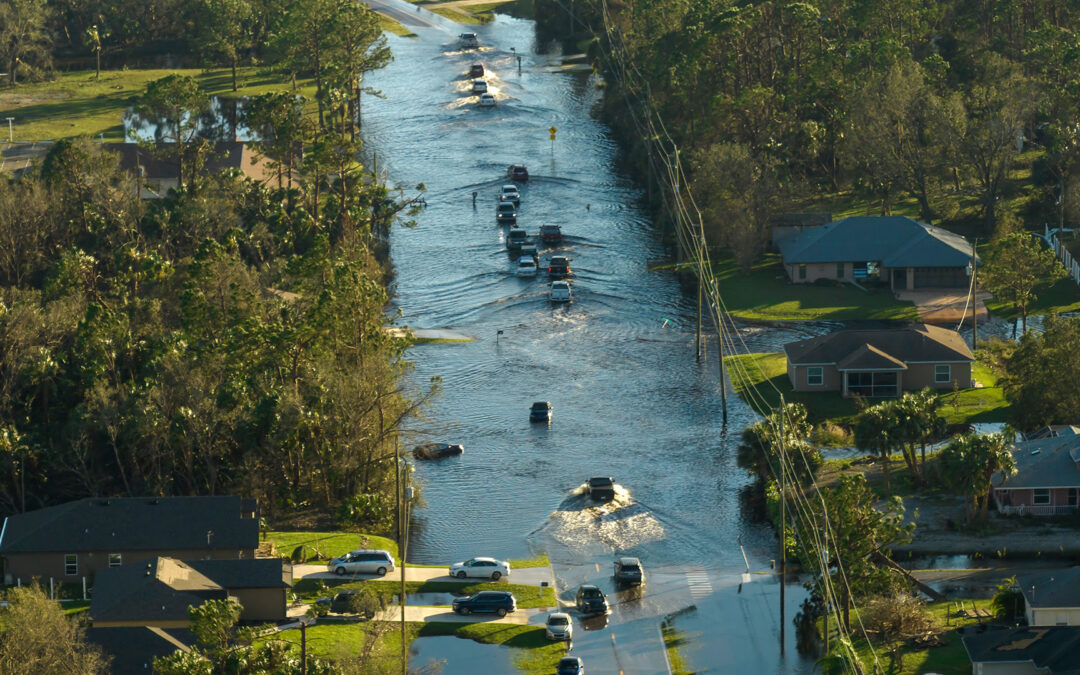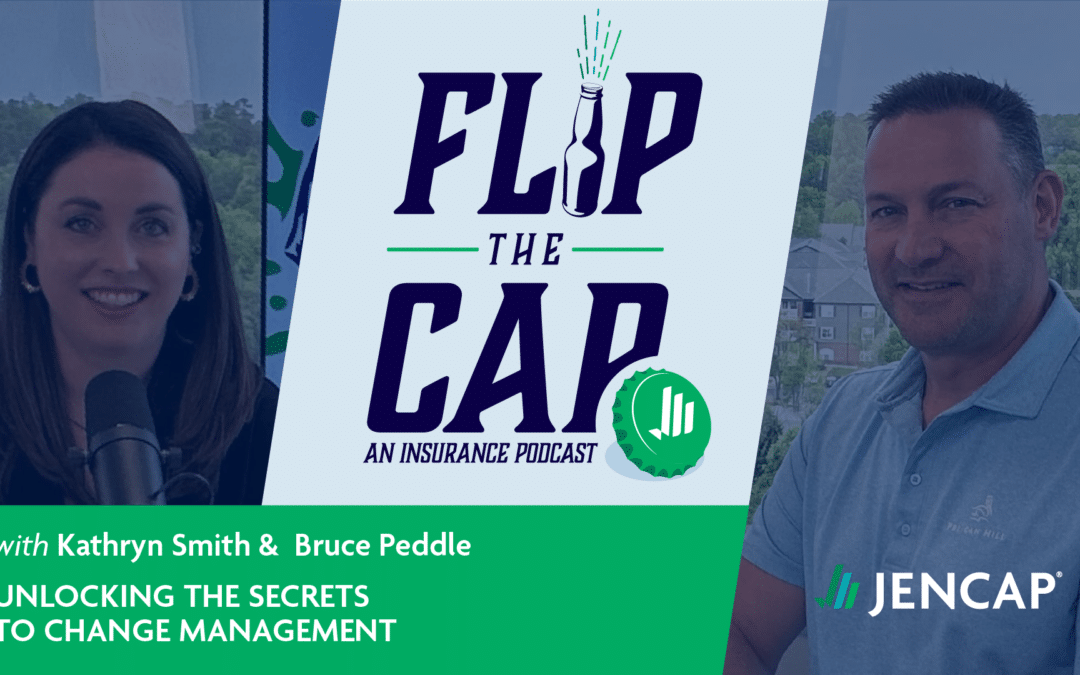Suppose your client’s construction company hired subcontractors to help renovate a multimillion-dollar home. During the renovation process, the arborist your client hired cut down a tree that fell the wrong way, causing extensive damage to the house. The homeowner sues your client for the damage. Even if your client has General Liability insurance coverage for their business, most policies don’t cover subcontractors—meaning your client is stuck paying the legal fees and cost for repairs.
Your contractor clients can avoid this exposure by requiring any hired subcontractors to carry a Commercial General Liability (CGL) policy. This will cover any injuries or damages a subcontractor may cause on a project, protecting your client from costly litigation and other expenses.
Here are 6 questions your contractor clients should consider when working with subcontractors:
1. When should a subcontractor carry their own Commercial General Liability policy?
Your client’s General Liability policy will cover injuries or damages caused by their employees, but it often won’t cover injuries or damages caused by subcontracted workers. All non-employees should have their own Commercial General Liability insurance.
So what makes someone an employee versus a contractor? The IRS provides guidelines to help businesses correctly classify their workers. They generally focus on three key areas related to a worker’s control and independence:
- Behavioral: What degree of control does your client’s company have over the worker? How much do they direct the worker in their job?
- Financial: Does your client control financial or economic aspects of the worker? For instance, who controls how the worker is paid? Is the worker reimbursed for expenses? Does the worker supply their own tools?
- Nature of the Relationship: Does the worker receive benefits from your client? Is the working relationship a long-term commitment or does it last only for the duration of a specific project? Does the scope of the work extend to all facets of the business or just a specific function?
2. What does Commercial General Liability Insurance cover?
CGL policies typically cover the following types of risks:
-
Injury. If your clients’ subcontractor accidentally hits a bystander with debris from their work at the jobsite, their CGL covers the medical bills associated with injuries, plus any legal fees should they—or your client—get sued over the incident.
-
Property damage. If a subcontractor causes property damage to the jobsite, CGL covers the damage and any resulting lawsuits. For instance, if a plumber your client hires accidentally ruptures a pipe that floods the property and damages the building and the equipment or furniture inside, it would be covered under the plumber’s CGL.
-
Products-completed operations liability. If a subcontractor builds or repairs something on your client’s job site and it breaks soon afterwards (such as a new roof that leaks shortly after installation), their CGL covers the damages, plus any legal costs arising from the incident.
-
Advertising injury. If Subcontractor A works for your client and makes false statements about Subcontractor B, and Subcontractor B sues your client for slander, CGL can cover the legal costs, as well as any personal injury claims associated with defamation. CGL also protects against costs associated with copyright infringement—if, for example, a subcontractor inadvertently used someone else’s advertising materials, logos, or slogans without permission.
3. Should your client be listed on the subcontractors’ Commercial General Liability policy?
Yes, your client should be listed on their subcontractors’ CGL policies as an “additional insured.” This is a critical point and something your client should require in their business agreements with subcontractors. This protects your client if they are, for example, taken to court for damages a subcontractor causes. Without it, your client may be held liable for expenses— regardless of a policy being in place.
4. How should your clients verify their subcontractors’ Commercial General Liability policies?
Before allowing a subcontractor to begin work, your client should always request a certificate of insurance to review policy limits, dates of coverage, ensure they are listed as an additional insured, and other policy information.
Your client should also periodically verify the coverage by calling the insurance company on the policy. Most state laws don’t require policyholders to notify the additional insured before a policy is canceled. This means a subcontractor could show your client proof of coverage and then soon after cancel the policy, and your client would be none the wiser.
5. Should subcontractors get add-ons for their Commercial General Liability policy?
Depending on the type of work, subcontractors may need extra protection in areas that basic CGL policies don’t cover—such as Pollution Liability or Cyber Liability insurance. They may also need Excess Liability insurance for larger projects that go beyond Commercial General Liability policy limits.
6. Should subcontractors be included in your client’s General Liability policy?
Although it’s vital that subcontractors carry their own CGL insurance, your client may also need to list the subcontractors in their General Liability policy as well. Most carriers include a warranty in their General Liability policies that requires a list of all subcontractors and requires all subcontractors carry the same level of liability limits as the policyholder. The warranty may also require that the subcontractors list your client as “additional insured” on their CGL policies. If these conditions aren’t met, your clients’ claim may be denied.
Jencap’s construction experts will provide guidance for your client’s and their subcontractors to ensure that all parties are properly covered in the event of an unexpected loss. Contact us today.







































